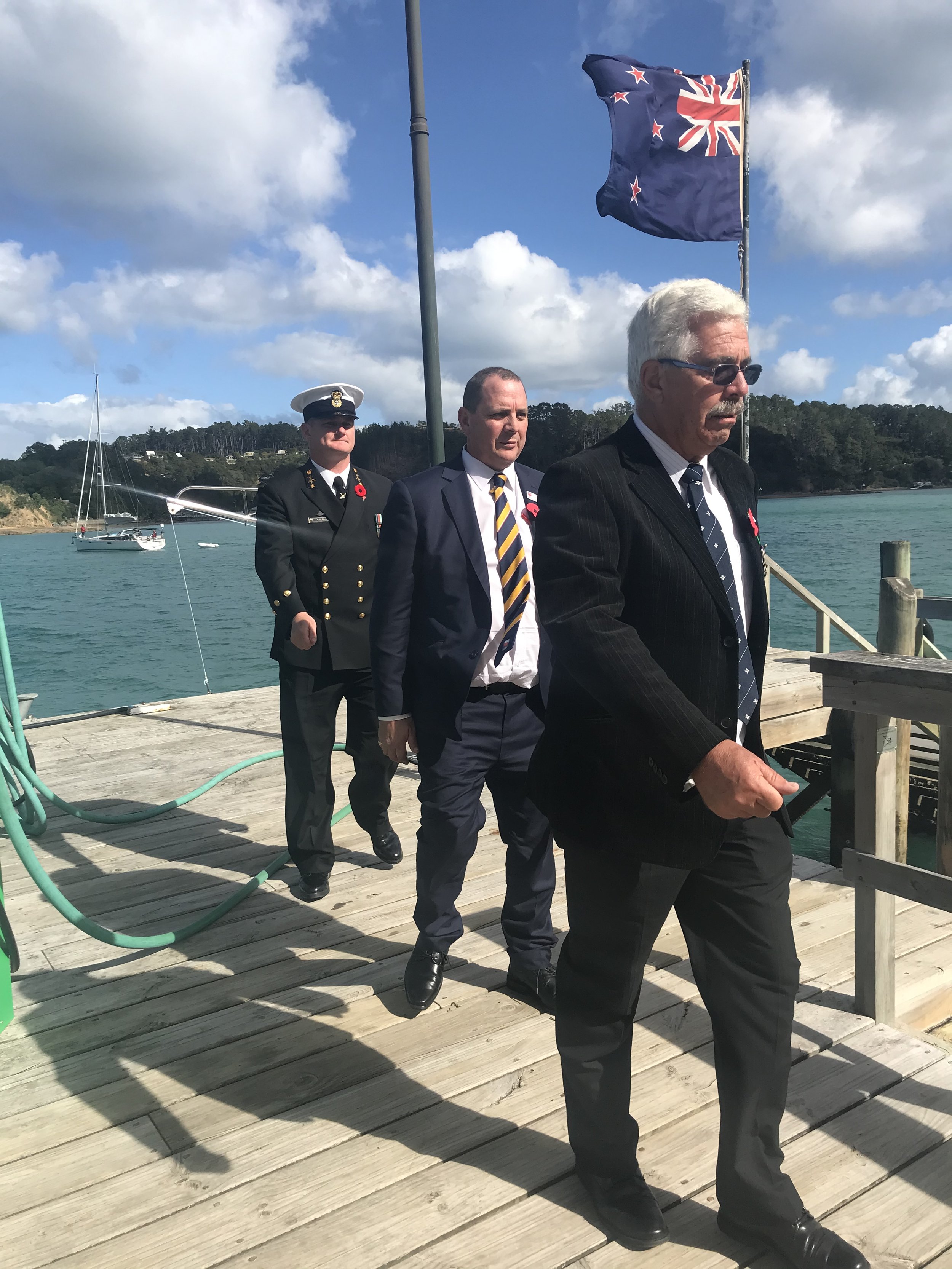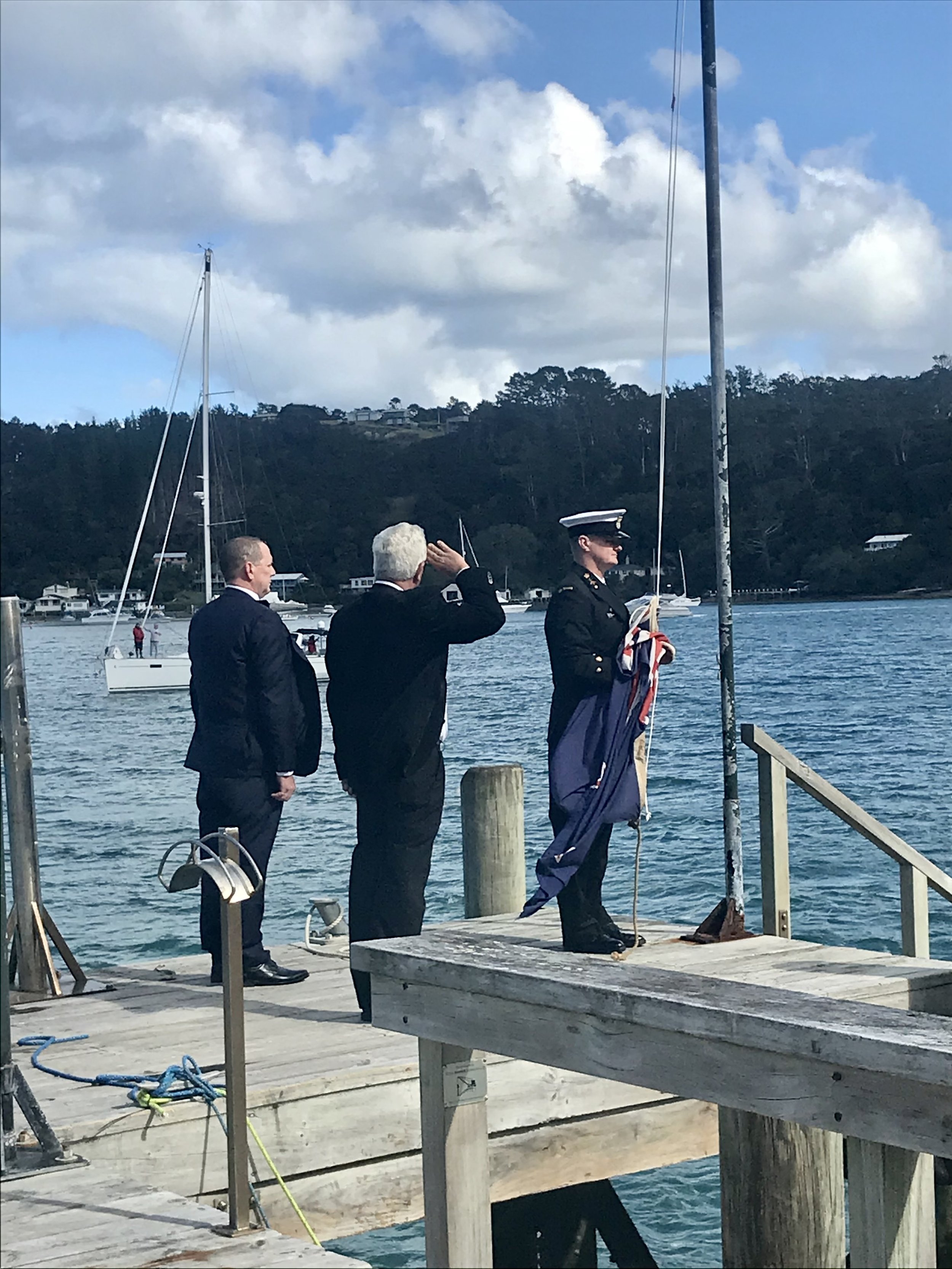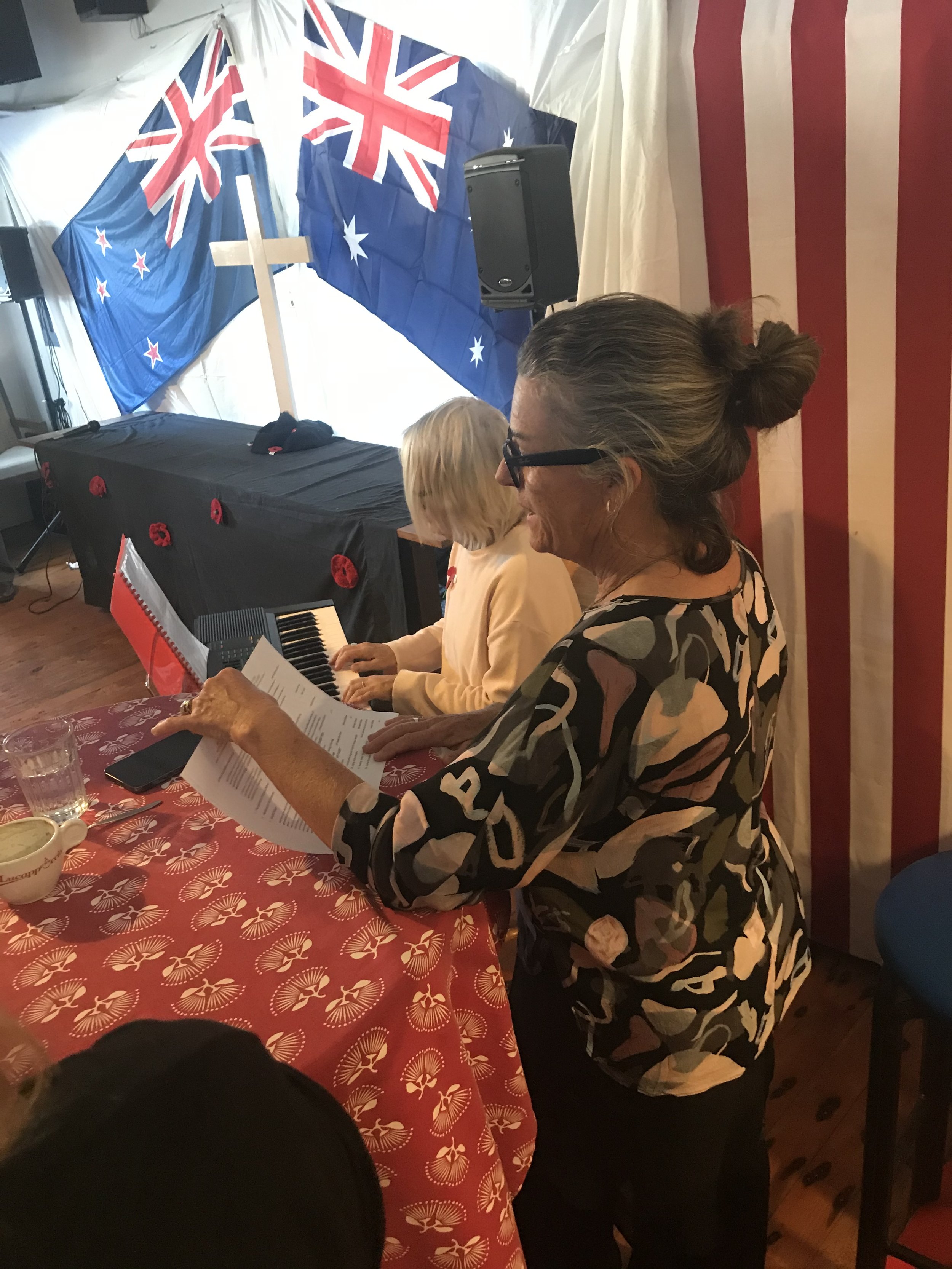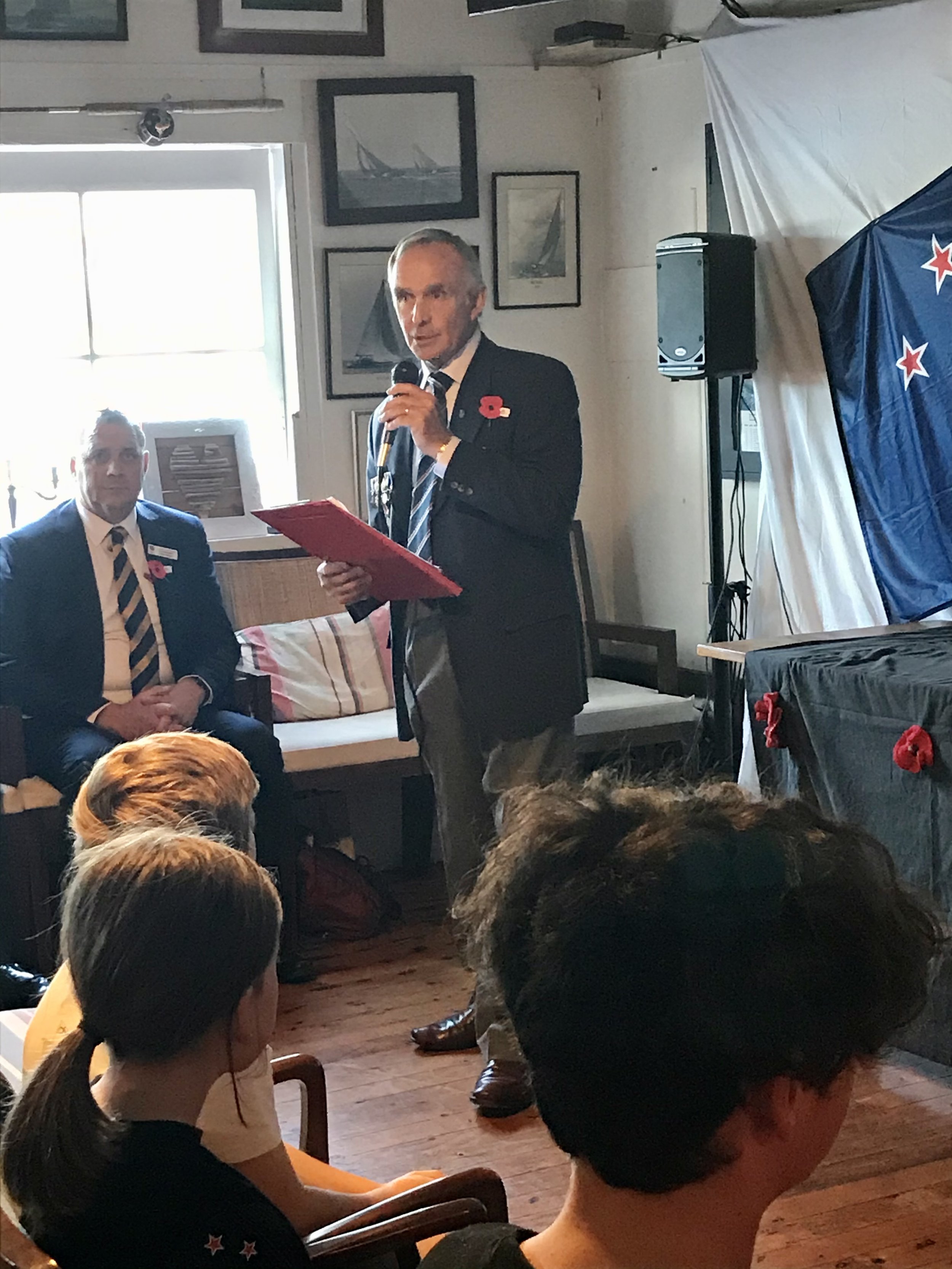LEST WE FORGET
As we commemorate ANZAC day in 2023, Nikki Porteous shares her storY:
This is a story of recovery.
My Father fought in the 2nd world war. He was a Kiwi from Dunedin but joined the Royal British Airforce as NZ didn’t have its own at that time. He had flat feet so couldn’t go into the army. He was a tail gunner on a Wellington Bomber. Of the 120,000 RAF who went to war, 60,000 died.
After only 6 weeks of active service one night they to crash landed in a German occupied Belgium airfield. The Airmen threw flares into the plane to set it alight to make the Germans believe that no one survived and escaped from the Airfield
There were six airmen altogether, so they decided to split up into pairs, each pair going in a different direction. Dad and a Canadian hid in the forest. After several days and feeling pretty hungry they decided to approach a peasant cottage in the woods. The peasant couple the Emden Willem’s hid them, risking their own lives, and made contact with a family in Antwerp they knew had English connections, the Beauklaers who then sheltered them. To check that they were who they said they were, their hosts eaves dropped on their conversation when they were in the bathroom.
Many of the family’s that sheltered the Airmen we caught and executed later in the war by the Gestapo.
After several months, they then attempted to return to England, by travelling down to the Spanish Border but were captured by the Vichy French in Toulouse and taken to a prisoner of war camp. Dad then spent the next 4 years in camps first with the Vichy, then the Italians and finally with the Germans in Silesia until the end of the war. He was in one other escape but recaptured.
In one NCO (Non Commissioned Officers) camp, there were 45 from Otago. My Grandparents were sent a letter from the war office to inform them that Dad was “missing”. 4-5 months later the Red Cross informed them that Dad had been captured.
I remember Dad telling me that to maintain moral, he kept a strict routine of getting up in the morning, shaving, cleaning his teeth etc, and keeping himself occupied during the day. This pleases me today as an occupational therapist as I know the value of habits, routines and meaningful occupation on overall wellbeing. Of these habits was cold showers which he unsuccessfully tried to instil into my brothers.
Towards the end of the war when the Russians moved rapidly south over the winter of 1944/45 and the Germans retreated taking their prisoners with them, Dad was on a Big March South for 6-8 weeks. He lost his closest mate only a couple of days before the end before they met the allied forces in April 1945. Dad was very ill and half his normal body weight.
Dad was taken to hospital in England then spent many months recuperating in the home of his three maiden Aunts who lived on the Borders of Scotland. Finally, he returned to Dunedin where it appeared my Grandmother was holding on until his return, as she died 3 weeks later.
My parents married several years later, started a family, bought a home and Dad became the Managing Director of a retail store. They were able to enjoy a life that they must have doubted would ever have been possible during the war.
My Mother recalled that during the early days of their marriage, Dad would have periods where his mood became very dark, but neither myself or my brothers have any memory of this, so I presume he learnt to live with his losses and sad memories. He talked about the war if asked, did not join the RSA, but did attend the dawn parades. Later in life he joined the ex-POW‘s Association
However approaching retirement, he and my Mother decided to join a British Airforce reunion in England. This was their one overseas trip in all the years they were married. They also visited Belgium as Dad wanted to meet up with the family now living in Brussels who sheltered them. When there he asked if they knew whether the peasant couple were still alive, and if so could he meet them again.
They were taken into the country and stopped at a petrol station to ask if anyone knew of them. They spoke to a man who appeared shocked and said that they were looking for his widowed Mother who lived just across the road. Only a couple of days prior to my parents’ arrival, this woman had told her son about the NZ and Canadian airmen whom they had sheltered during the war and even showed him a photo which she had hidden.
I can only imagine the reunion.



